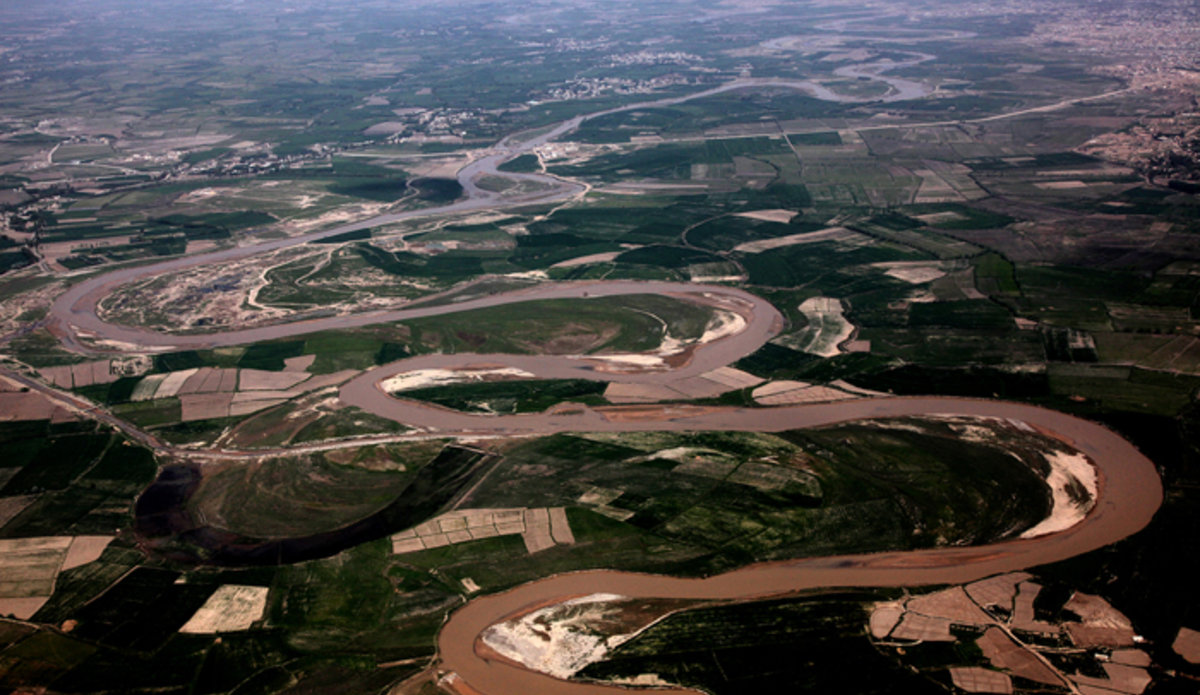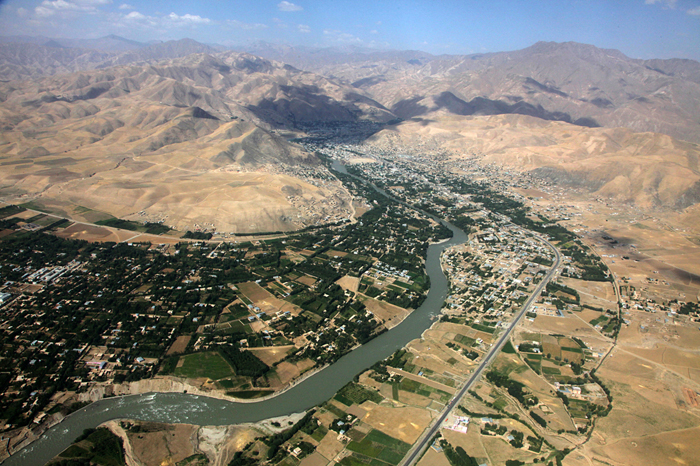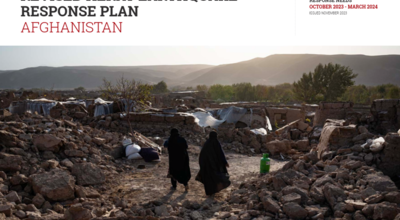Experts urge sustainable infrastructure and green cities for healthy environment in Afghanistan
KABUL - As Afghanistan is witnessing rapid urbanization, environmental experts have highlighted the urgent need for a long-term sustainable infrastructural planning and encouraging green cities to ensure healthy environment and preservation of natural resources.
“If you are doing a lot of work with cement, you have to just do as much for a good green space in the city; Afghanistan has an amazing urban environmental resources so we have to protect them,” said the Country Programme Manager of the United Nations Environment Programme (UNEP), Andrew Scanlon, as he attended a ceremony held today to mark International Mother Earth Day in the Afghan capital, Kabul.
Speaking at the ceremony organized by Afghanistan’s National Environment Protection Agency (NEPA), environment experts termed “broken infrastructure and improper canalization; lack of parks, green environment and proper waste management; and increasing air pollution” as the key problems of the Afghan cities.
“Three decades of war and peoples’ dependence over the natural resources have made the job of environment protection highly difficult,” said the Deputy Director of NEPA, Ghulam Mohammad Malikyar.
The Earth Day is observed by over a billion people in 190 countries every year on 22 April by planting trees, cleaning up their communities, contacting their elected officials on behalf of the environment.
As in the past, this year’s global observance is focusing on the unique environmental challenges of our time, particularly as the world’s population migrates to cities, and as the bleak reality of climate change becomes increasingly clear, the need to create sustainable communities is more important than ever. The Earth Day 2014 is seeking to do just that through its global theme “Green Cities.”
In his message for the Day, UN Secretary-General Ban Ki-moon has made an appeal to all the people everywhere to raise their voices on behalf of this planet, “our only home.”
“Let us care for Mother Earth so she can continue to care for us as she has done for millennia,” said Mr. Ban.
He said that, as our population grows, we have to recognize that our consumption of the planet’s resources is unsustainable. “We need a global transformation of attitude and practice. It is especially urgent to address how we generate the energy that drives our progress,” the UN chief noted.
In order to generate “ambitious action on the ground” and raise momentum for a new climate treaty in 2015, Mr. Ban is convening a Climate Summit in New York on 23 September this year.
Speaking at today’s observance in Kabul, Afghanistan’s Deputy Minister for Public Health, Najia Tariq, called on the people to play their part in keeping the environment clean.
“Only furnished clinics and modern health equipment cannot stop pollution-related diseases, but we have to control the factors that cause pollution,” said Mr. Tariq.
The United Nations in Afghanistan provides technical assistance to the Afghan Government, through its environment protection agency, for the implementation of its programmes for protection of environment and preserving the country’s natural resources.
“Our role now and in the next five years is to support the government’s priorities which are rural issues and environment, urban issues and environment and national plans and policies,” said Mr. Scanlon.
 UN
UN








